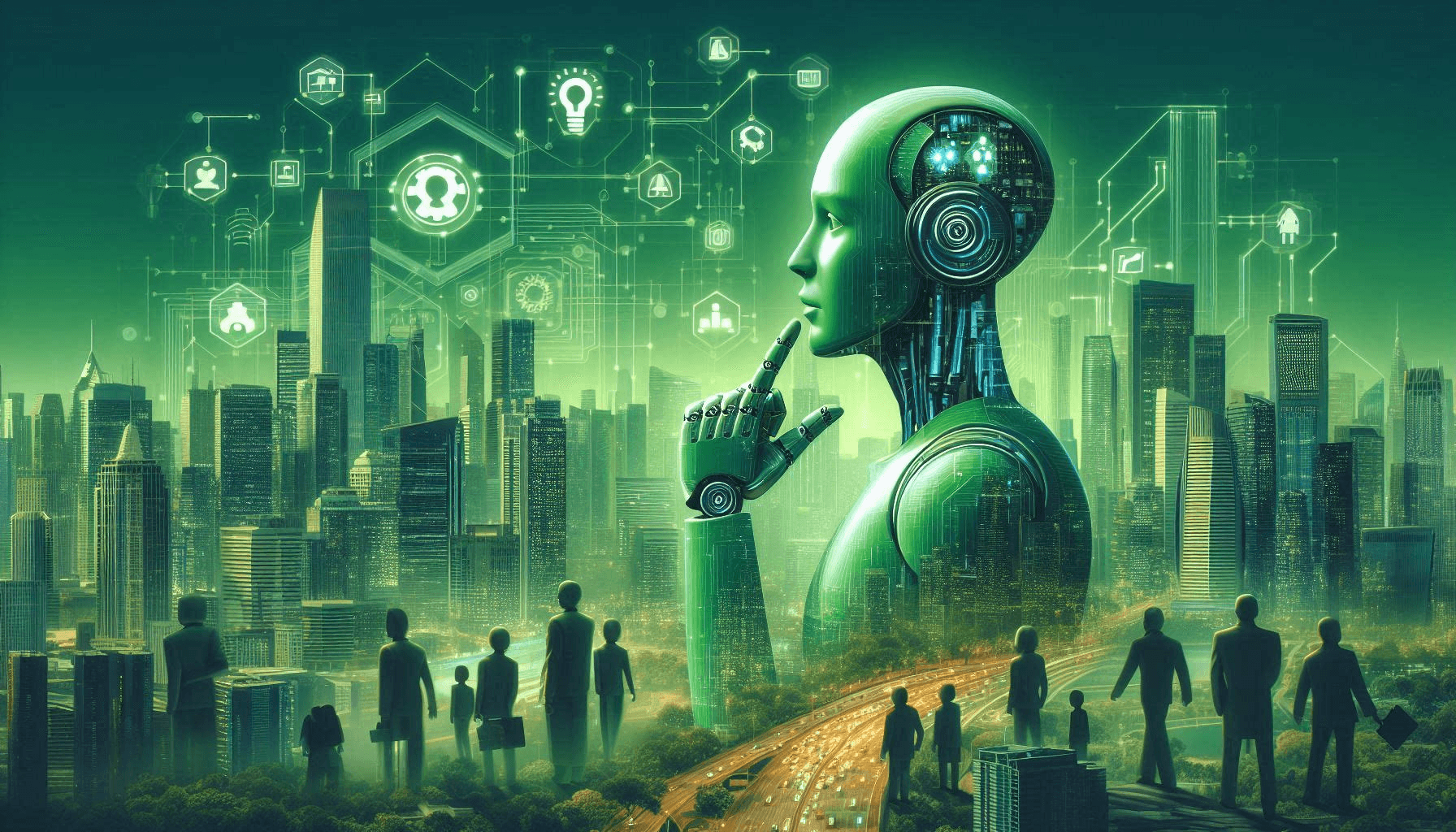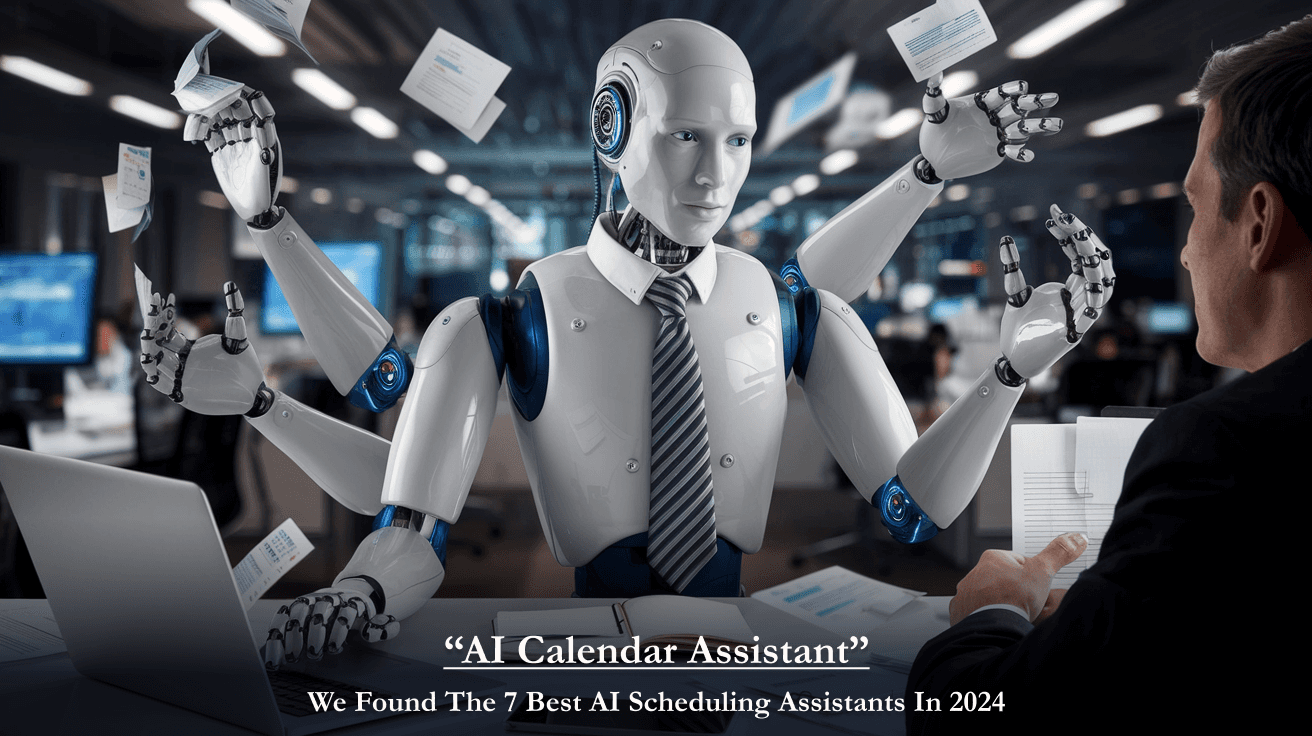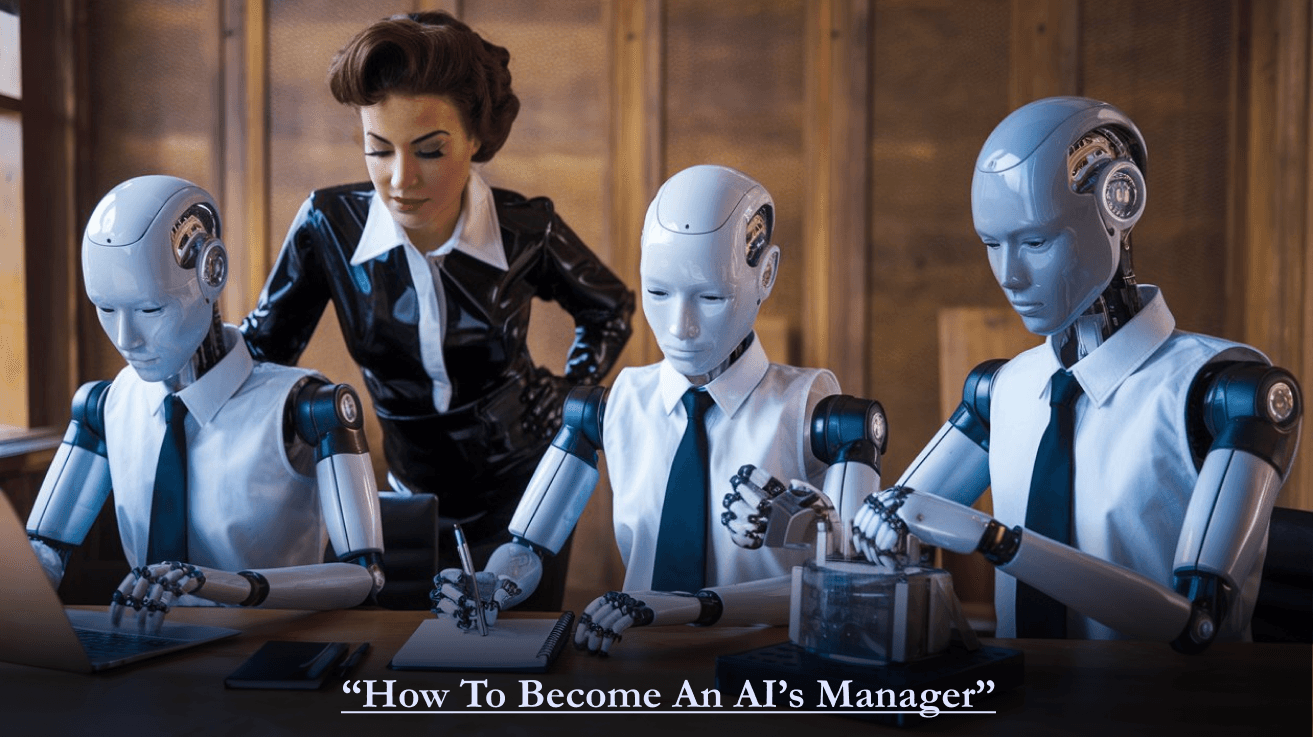06-Sept-2024
Understanding AI Agents: How They're Altering Daily Life and Even Revolutionizing Industries

Imagine a world where your personal assistant knows what you need before you utter a word. A world where your home accommodates your preferences, emails get written with ease, and your schedule is fine-tuned without lifting a finger. That is the magic of AI agents, a breakthrough technology that has gradually started to reshape our day-to-day living and the way business is conducted.
What are AI Agents?
The AI agents can be considered as autonomous systems that observe the environment, process the data, and execute actions based on predefined goals absent of human intervention. From customer service chatbots to self-driving cars, the agents of AI have begun their revolution in how we relate to technology. They are, therefore, capable of learning and understanding how to make knowledgeable decisions through processing data inputs through specific algorithms. For this reason, AI agents are powerful means for automation of tasks, workflow optimization, and productivity enhancement.
Types of AI Agents
It is possible to categorize AI agents, based on their behavior and decision-making abilities:
Reactive Agents: These agents make decisions concerning only the present data without thinking about the future. An example of a chatbot AI would be one that directly answers user queries in real-time; that would be a reactive agent.
Proactive Agents: These agents predict future situations that may arise and work according to them. A perfect example of an AI-powered productivity tool is a proactive agent, scheduling emails and managing your calendar with efficiency; hence, it will be the perfect AI personal assistant for business.
Deliberative Agents: The agents deliberate internally in order to create a plan of action. For instance, a traffic management agent would decide on optimal traffic flow in a smart city with real-time data.
Multi-Agent Systems: These involve many AI agents working as teams on various complex problems like a team of autonomous robots working together cooperatively within a warehouse. The benefits listed above make understanding the different types assist businesses and users in the appropriate selection of AI tools to fit their specific needs.
Key Components of AI Agents
The major components within an AI agent are three in number:
Agent Function: This defines how the AI takes input to determine action. For example, FastTrackr.AI applies higher-order algorithms in order to understand user preferences and then optimize scheduling tasks.
Percepts: This refers to sensory input, such as the user's location, preference, or messages, which convey information regarding the current state of the environment.
Actuators: Execute actions that include automatic emails or managing the events on the calendar.
How AI Agents Work: A Step-by-Step Workflow
Generally speaking, AI agents follow a multi-stage workflow:
Perception: This involves how an AI agent perceives the environment. An AI-powered email automation tool may receive incoming emails, and scrape relevant information like the sender, the urgency of the email, and what the email says for filtering and prioritizing.
Interpretation: Assessing the meaning of the situation. In other words, it means that after reading an e-mail or message, it uses natural language processing to understand the context, thereby updating the internal model so that in the future, similar conversations will be much better.
Decision Making: The AI agent deduces the present state and the possible future states so it selects the most appropriate action. For example, a digital virtual assistant would decide whether to remind you of your meeting or automatically reschedule for you.
Action: An agent takes an action via its actuators, it means sending an e-mail or setting up a reminder in a calendar or a task in any productivity app.
Monitoring: The agent perceives the result of its action and collects feedback. Example-if an AI Calendar assistant booked a meeting then, it observed all the parties whether everybody accepted or whether further action needed to be taken.
Learning: The software agent learns by observing feedback from failures and successes to hone strategies for making decisions. This continuous process of learning enables the agent, over time, to adapt and improve its performance.
Real-World Applications of AI Agents
AI agents are already disrupting several lines of business activities, including:
Intelligent Personal Assistants: Applications like Siri, Alexa, and, most of all, the very powerful WhatsApp application FastTrackr.AI innovate on the paradigm to handle personal errands. FastTrackr.AI allows you to stay on top of your emails, manage your calendar, and schedule meetings with an unparalleled user experience that positions it among the top AI productivity applications.
Autonomous robots: These are things like Roomba and the new Amazon delivery robots that perform tasks somewhat autonomously. This is one of the futures of digital virtual assistants in logistics and home management.
Fraud detection agents: These agents are employed by banks to monitor and analyze real-time transaction data using advanced machine learning algorithms to detect the possibility of fraud.
AI Agents offer a host of the following advantages:
Automation of Repetitive Tasks: Performing routine tasks, which could involve sending out email reminders or organizing on the calendar, is done by AI agents like FastTrackr.AI so that time can be freed for strategy.
Smarter Decision Making: While handling volumes of data, AI systems like fraud detection systems provide better quality and cut errors.
Always Available: The AI agents, like FastTrackr.AI, can always work and need no rest.
Consistency and Accuracy: AI agents are designed to handle tasks precisely. It thus ensures a reduced error rate and the delivery of consistent quality. For instance, AI online chatbots will deliver similar customer support experiences for the maintenance of brand quality.
Scalability: AI agents can operate with a good rise in workload, yet the costs are not geographically changed. This is ideal for businesses since they look out for efficiency regarding scaling operations.
The Future of AI Agents
Improved Machine Learning and AI: The better the machine-learning algorithms, the better agents can see, learn from, or even predict human actions and behaviors. This would make them more useful and integrated into our lives.
Increased Integration into Life: From smart homes to health-monitoring systems, AI agents will be part of every aspect of life, almost each performing tasks in a personalized and context-dependent way.
Improved Collaboration with Humans: In the future, development will be directed towards collaborative AI, agents working together with humans to enhance their capabilities and productivity.
Ethical and Responsible Development of AI: More consideration will be given to the ethical standards in the generation of AI agents such that they are transparent, equitable, and coincide with human values.
Increased Numbers of Autonomous Systems: AI autonomous systems will emerge to the surface and is set to create a main dent into industries such as transport, logistics, and agriculture.
Personalization and adaptability: AI agents will continuously learn from user interaction to provide an experience that will create more satisfaction and engagement.
Try to include AI in daily life
AI agents will play an increasingly important role in personal and professional life. Tools such as FastTrackr.AI have showcased how these agents can optimize tasks, improve productivity, and enhance life quality.
The future of AI agents is bright with the advancement of machine learning and AI technologies. While these tools become increasingly sophisticated, deeper integration into our lives, from enhancing calendar management to serving as digital assistants in healthcare, education, and business, is where they will go.
Join the revolution in AI with FastTrackr.AI, and change how you work, communicate, and manage your daily tasks. The applications are endless!



